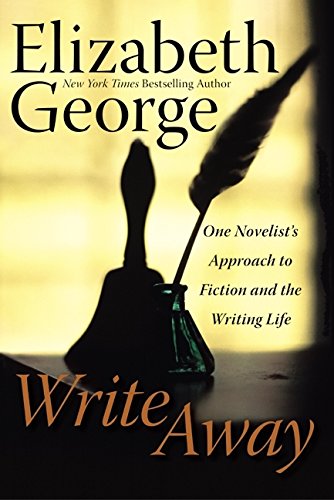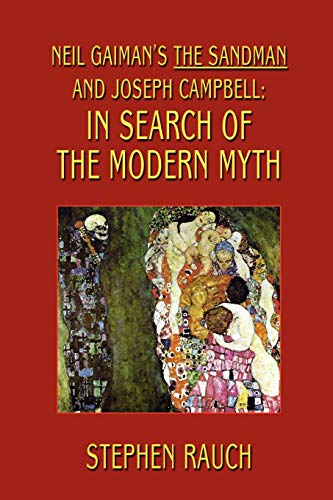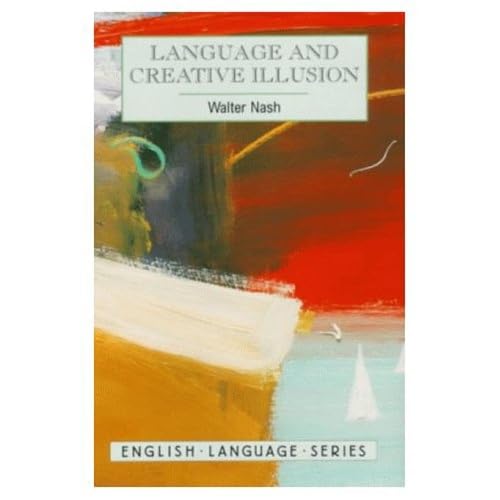If you want to write good science fiction and fantasy
Discover the best books to master writing science fiction and fantasy. Explore top guides and resources to craft compelling, imaginative stories in these genres.

Book
How to Write Science Fiction
by Bob Shaw
You don't have to be a science expert to write science fiction - even the novice can do so. This guide shows readers how to break into the creative science fiction market by explaining how to create the basic ideas, devise fresh plots and build imaginary worlds against a background of futuristic science and technology. There is advice on building your own planet, creating alien creatures as well as advice on selling your work.

Book
Write Away
by Elizabeth George
Filled with personal anecdotes and bits of memoir from a much loved writer, "Write Away" is an intelligent and functional guide to constructing a novel.

Book
Up Through an Empty House of Stars
by David Langford
At last, _Up Through an Empty House of Stars_ brings together the best of the never before collected SF reviews and articles that helped build David Langford's towering reputation since 1980. Complementing the review columns collected in _The Complete Critical Assembly_ and the knockabout essays and squibs in _The Silence of the Langford_, this volume's 100 glittering selections mix serious critical insight with the inimitable Langford wit. In 2002 David Langford won his sixteenth Hugo award as Best Fan Writer, for critical and humorous commentary on SF. In the same year his occasionally scandalous SF newsletter _Ansible_ won its fifth Hugo. Langford also received the 2001 Hugo for best short story, and the 2002 Skylark Award. Here he shines a unique light on classics like Ernest Bramah, G.K. Chesterton, Robert Heinlein and Jack Vance, and analyses major SF -- and major clunkers, and minor eccentrics -- of the 1980s, 1990s and early 2000s, continuing to the latest by such current stars as Gene Wolfe and China Mi, ville. Plus witty asides on crime fiction and its SF links, gleeful examination of writing so bad it's almost good, and (even at his most serious) turns of phrase to make you laugh aloud



Book
Science Fiction in the Real World
by Norman Spinrad
This collection of 14 essays on science fiction, most of which originally appeared in Isaac Asimov's Science Fiction Magazine, explores critical standards; questions of genre, including film and the graphic novel (an evolution of the comic book); and images of the hero. Spinrad provides sketches of four major writers: Sturgeon, Vonnegut, Ballard, and Dick. He also discusses the economic, social, and literary forces that have shaped contemporary science fiction. ISBN 0-8093-1538-6:

Book
Neil Gaiman's The Sandman and Joseph Campbell
by Stephen Rauch
The first scholarly book-length examination of the work of comics legend Neil Gaiman includes detailed analysis of his best-selling "Sandman" and "Death" series, a look at his work's relationship to Joseph Campbell, and such topics as "Living in a Desacralized World," "The Relationship of Dreams and Myth in Campbell, Jung, and Gaiman's Sandman," "Humanization, Change, and Rebirth: The Hero's Journey," "The Role of the Artist and the Art of Storytelling," and more. A fascinating journey behind the comics work of one of the most interesting and challenging popular writers of today, Neil Gaiman's The Sandman and Joseph Campbell: In Search of the Modern Myth is the book which Gaiman's fans have been waiting for!


Book
King Rat
by China Miéville
A London man is enrolled by the King of Rats to assassinate the Pied Piper of Hamelin who dethroned him. The man is Saul, whose rat mother joined humanity, making him immune to the piper's call. In his rat persona Saul eats garbage and climbs walls.

Book
The Art of Fiction
by Ayn Rand
Guide for writers and readers. How a writer combines abstract ideas and concrete action to achieve a unity of theme, plot, characterization and style.

Book
Writing Down the Bones
by Natalie Goldberg
A collection of essays in which the author explores methods of writing based on her experience in Zen meditation.

Book
Zen in the Art of Writing
by Ray Bradbury
"Every morning I jump out of bed and step on a land mine. The land mine is me. After the explosion, I spend the rest of the day putting the pieces back together. Now, it's your turn. Jump!" Zest. Gusto. Curiosity. These are the qualities every writer must have, as well as a spirit of adventure. In this exuberant book, the incomparable Ray Bradbury shares the wisdom, experience, and excitement of a lifetime of writing. Here are practical tips on the art of writing from a master of the craft-everything from finding original ideas to developing your own voice and style-as well as the inside story of Bradbury's own remarkable career as a prolific author of novels, stories, poems, films, and plays.Zen In The Art Of Writingis more than just a how-to manual for the would-be writer: it is a celebration of the act of writing itself that will delight, impassion, and inspire the writer in you. In it, Bradbury encourages us to follow the unique path of our instincts and enthusiasms to the place where our inner genius dwells, and he shows that success as a writer depends on how well you know one subject: your own life.


Book
Language and Creative Illusion
by Walter Nash
Examines the creative process in writing, from the ideas and designs of composition to the business of fixing a text on paper. Two themes run throughout the text: one concerns the action of the mind in the creative process; the other concerns the editorial phase of composition.



Book
The Detached Retina
by Brian W. Aldiss
In this fascinating collection of essays, one of the world's preeminent science fiction writers explores a wide range of science fiction and fantasy writers and writings. The contents and themes include a letter to Salvador Dali . . . Mary Shelley and Frankenstein . . . the Immanent Will and Olaf Stapledon . . . the work of Philip K. Dick . . . Theodore Hamilton Sturgeon . . . Orwell's Nineteen Eighty-Four . . . James Blish . . . Culture: Is it Worth Losing Your Balls For? . . . Wells and the Leopard Lady . . . H.P. Lovecraft's 'The Music of Erich Zann' . . . Jekyll . . . the differences between United States and United Kingdom fantasy . . . Anna Kavan as 'Kafka's Sister' . . . Campbell's Soup (Astounding Science Fiction under the editorship of John Wood Campbell) . . . science fiction's relationship to science and literature in general.

Book
Aniara
by Harry Martinson
The great Swedish writer Harry Martinson published his masterpiece, Aniara, during the height of the Cold War -- right after the Soviet Union announced that it had exploded the hydrogen bomb. Aniara is the story of a luxurious space ship, loaded with 8,000 evacuees, fleeing an Earth made uninhabitable by Man's technological arrogance. A malfunction knocks the craft off course, taking these would-be Mars colonists on an irreversible journey into deep space. Aniara is a book of prophecy, a panoramic view of humanity's possible fate. It has been translated into seven languages and adapted into a popular avant-garde opera. This volume is the first complete English language version and received the prestigious American Scandinavian Foundation Award.